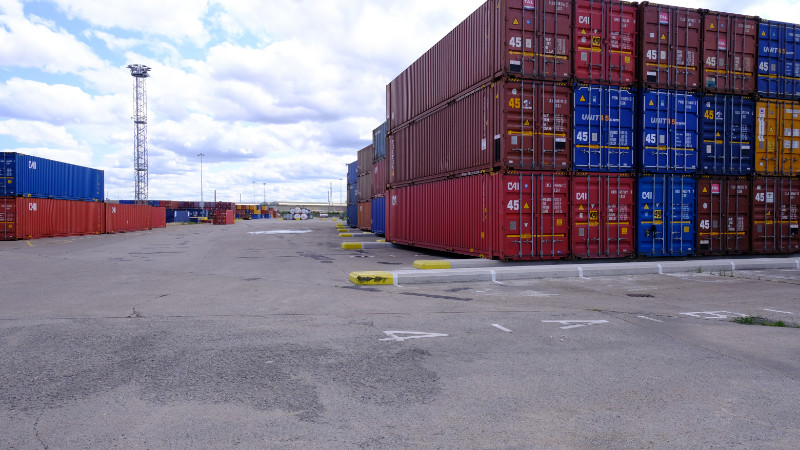
Why don't lorry and delivery drivers join unions?
Arguably, the lorry driver shortage is compounding the supply chain crisis. In the UK, the driver shortage has exacerbated the problem of empty supermarket shelves and lost delivery delays.
Lorry and delivery drivers are the heart and soul of the transport and logistics industry. Yet despite their importance, they remain underrepresented by labour unions.
While this may appear beneficial for governments and employers, this could be detrimental to the industry. Union membership can provide a range of benefits for workers, most notably in protecting workers' rights, providing support in times of need and ensuring fair wages.
Without union representation, drivers are often left without a voice and are vulnerable to exploitation by employers. However, there are several reasons why lorry and delivery drivers do not belong to unions.
One reason is that the industry is highly competitive, and many employers view unions as a business threat. Unions can pressure employers to pay better wages and improve working conditions making it understandable why many employers are unwilling to do.
Another reason for the lack of union involvement is they work as independent contractors not covered by traditional labour laws. Consequently, they are not eligible to join a union, as unions typically only represent employees.
Following the SARS-COV-2 pandemic and the pending cost of living crisis, the political landscape in Canada and the United Kingdom has seen a significant shift in attitude towards unions and their members. Both governments have taken steps to limit the power of worker unions and their ability to protect workers' rights.
Despite the criticism of workers' rights activists, both governments have defended the measures as necessary to protect public order and safety. Political leaders argue that their legislative actions are required to prevent strikes and protests from becoming too disruptive or violent.
The rationale for drivers joining a union is compelling, but are they useful for modern society's advancement? UK unions such as Unite say the lorry driver crisis has been growing steadily. They cite Brexit and Covid-19 as having only worsened matters.
The government has proposed to relax driving rules as a short-term solution, but this does not address the underlying issue of skills and labour shortages. Their members call for decisive action to improve pay, working hours, and facilities. The view being the industry is made more attractive to potential recruits and to keep the drivers it already has.
That said, post-2000 unions have been falling out of favour with employers and workers alike. The rise of technology, the changing nature of the workforce, and the increased focus on individualism and personal responsibility have seen unions as no longer a necessary part of employment practice. Indeed, employers often look to other methods to protect the interests of their employees.
In conclusion, lorry and delivery drivers should be encouraged to seek ways to protect their rights. Good business and global economics should insist that drivers are paid a fair wage and maintain safety standards in the industry. Without formal structures to protect workers, the industry will continue to suffer from exploitation and a decrease in the quality of service.

Paradigm shifts in commerce

Metamorphosis: Emerging as a Logistics Dynamo


